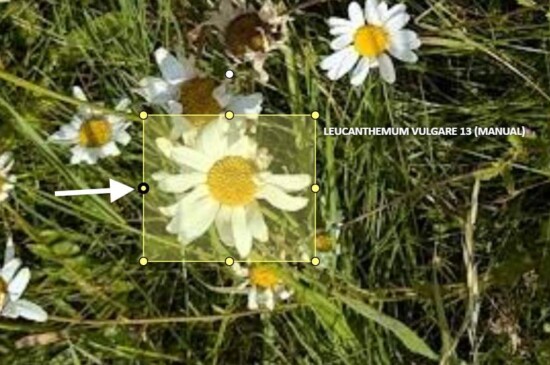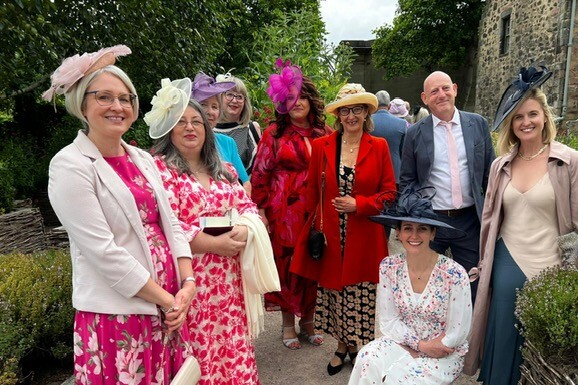
KCCF Trustees visit Scotland
- Environment
- Heritage and Conservation
Earlier this month, KCCF Trustees visited Scotland to host our guests at the Royal Garden Party at the Palace of Holyroodhouse in Edinburgh. Trustees Kristin Rechberger and Sarah Butler-Sloss also visited Dumfries House, headquarters of the King’s Foundation, and the Community of Arran Seabed Trust.
Garden party
Attending a Royal Garden Party is a wonderful opportunity to celebrate the charitable efforts of our grantees. We were delighted to invite representatives of four grantees: The Royal Society of Wildlife Trusts,Aberdeenshire North Foodbank, the Teapot Trust and the School Bank West Lothian.
Our guests met Trustees before enjoying an afternoon of tea, sandwiches, and cakes, all while mingling with distinguished guests, including His Majesty the King. The beautiful gardens of the Palace of Holyroodhouse provided a stunning backdrop for this memorable occasion.
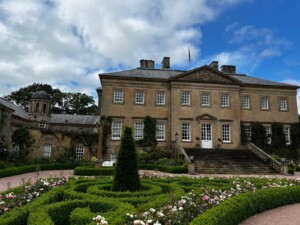
Dumfries House
Saved by the intervention of King Charles III when he was HRH The Duke of Rothesay and with KCCF support in 2007, Dumfries House stands as a remarkable testament to heritage, conservation and community engagement in the in the picturesque countryside of Ayrshire . The House has become a vibrant hub for the education, employment, and cultural programmes delivered by The King’s Foundation.
The estate hosts a variety of programmes aimed at improving skills and opportunities for people of all ages, including an educational farm and construction and conservation skills centre. Trustees enjoyed a tour of the House and estate, seeing the diverse breadth of activities reflecting so many of His Majesty’s interests and how KCCF’s support over the past seventeen years continues to transform lives and build sustainable communities.
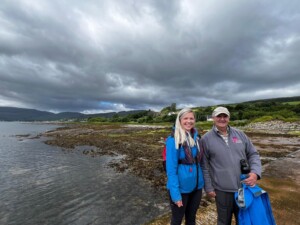
COAST
The Isle of Arran is home to a pioneering marine conservation effort spearheaded by the Community of Arran Seabed Trust (COAST).
Established in 1995 by two local divers, COAST was born out of concern for the declining marine life and habitats around the island, with the mission to protect and restore the rich biodiversity that once flourished.
One of COAST’s most significant achievements is the establishment of Scotland’s first No-Take Zone (NTZ) in Lamlash Bay, created in 2008. This area, where no fishing or harvesting of marine life is allowed, serves as a crucial breeding and nursery ground for various marine species. The success of the NTZ led to the creation of the South Arran Marine Protected Area (MPA) in 2016, which encompasses a larger section of the surrounding waters and includes specific zones for sustainable fishing practices.
COAST’s efforts extend to community engagement and education with various programmes aimed at involving local schools, residents, and visitors in marine conservation. Workshops, citizen science projects and volunteer opportunities enable individuals to contribute to ongoing research and monitoring efforts.
The positive effects of COAST’s initiatives are clear. The No-Take Zone and Marine Protected Area have led to a significant recovery of marine habitats and species. Studies have shown an increase in the abundance and diversity of marine life within the protected areas, proving that well-managed marine conservation strategies can yield remarkable results.
COAST’s success has also had a broader impact, influencing marine conservation policies and practices throughout Scotland and beyond. The organization’s work has inspired other communities to pursue similar initiatives, highlighting the effectiveness of grassroots action in driving environmental change.
More news
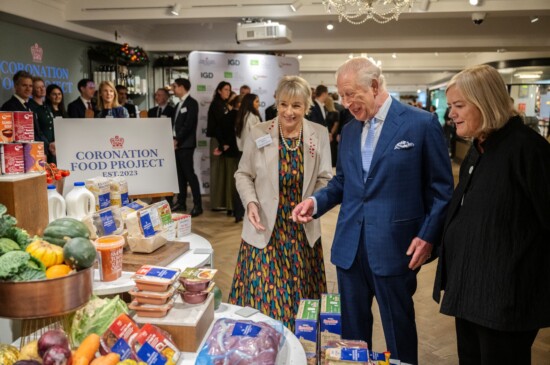
Eleven million more meals delivered – second anniversary of the Coronation Food Project
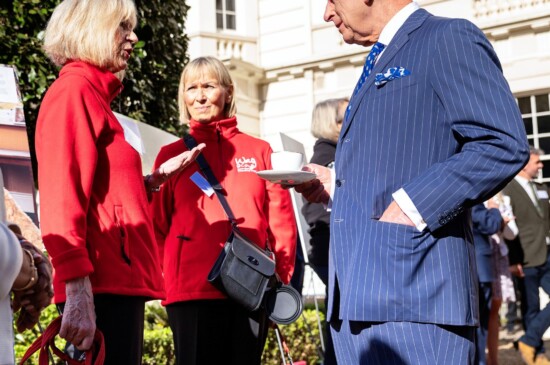
His Majesty The King meets charities who have benefited from landmark £50m raised through the sales of Waitrose Duchy Organic
